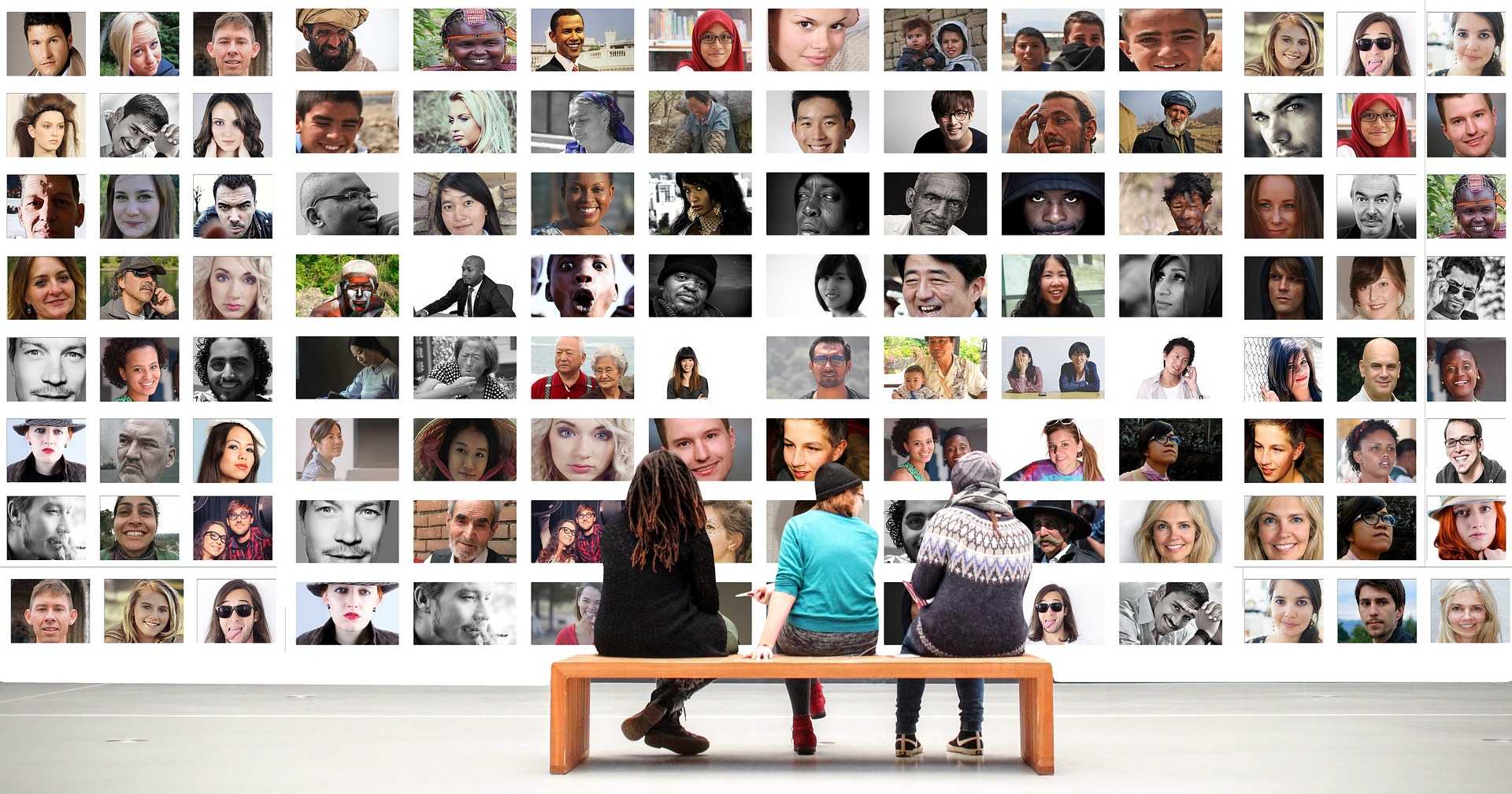News release
From:
Generalised Tendency to Make Extreme Trait Judgments from Faces
Royal Society Open Science
Summary: People differ in their tendency to infer others’ personalities and abilities from their faces. An extreme form of such face-based trait inference (FBTI) is problematic because of its unwarranted impact on real-world decision-making. Here, we show that there is a generalised individual tendency to make extreme FBTI across traits. In other words, there are individuals who have a temporally stable disposition to draw extreme conclusions about various traits of others from facial appearance. These individuals could be a prime target for intervention to reduce “face-ism,” or the biasing impact of facial appearance on interpersonal judgments and choices.
- Face-ism - Some people draw extreme conclusions about others from their face alone. In a range of surveys, some participants consistently drew strong impressions about traits (e.g trustworthy, incompetent, peaceful) from the faces they were shown. This was positively associated with a tendency to believe and endorse stereotypes. This is problematic because of its unwarranted impact on real-world decision-making, and these individuals could be targeted for interventions to reduce ‘face-ism’. Open Science



 International
International



